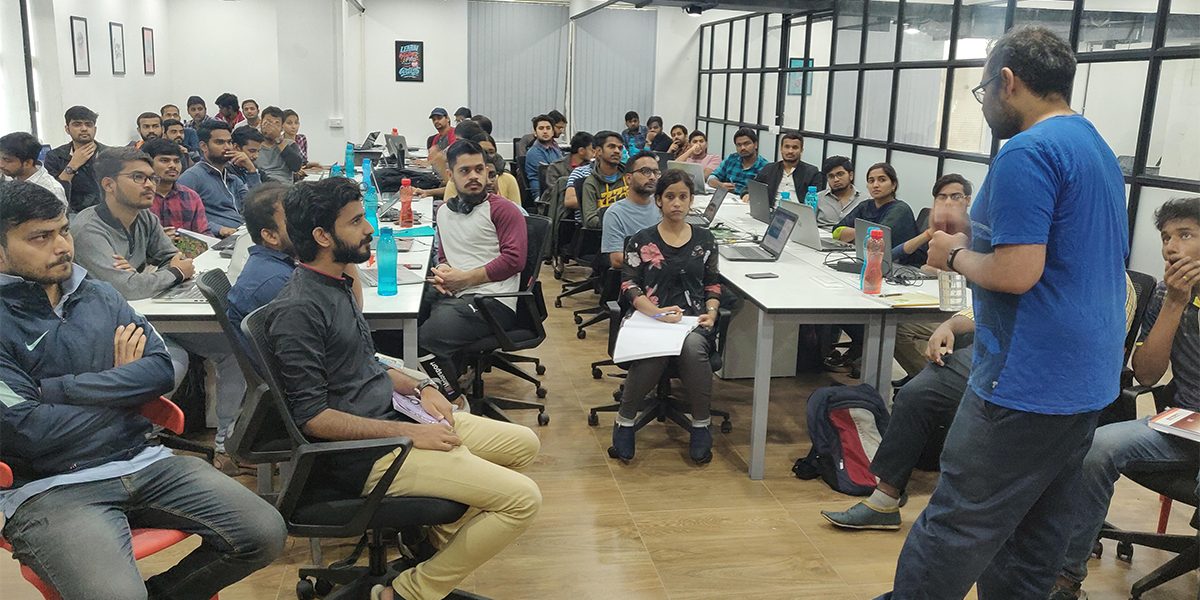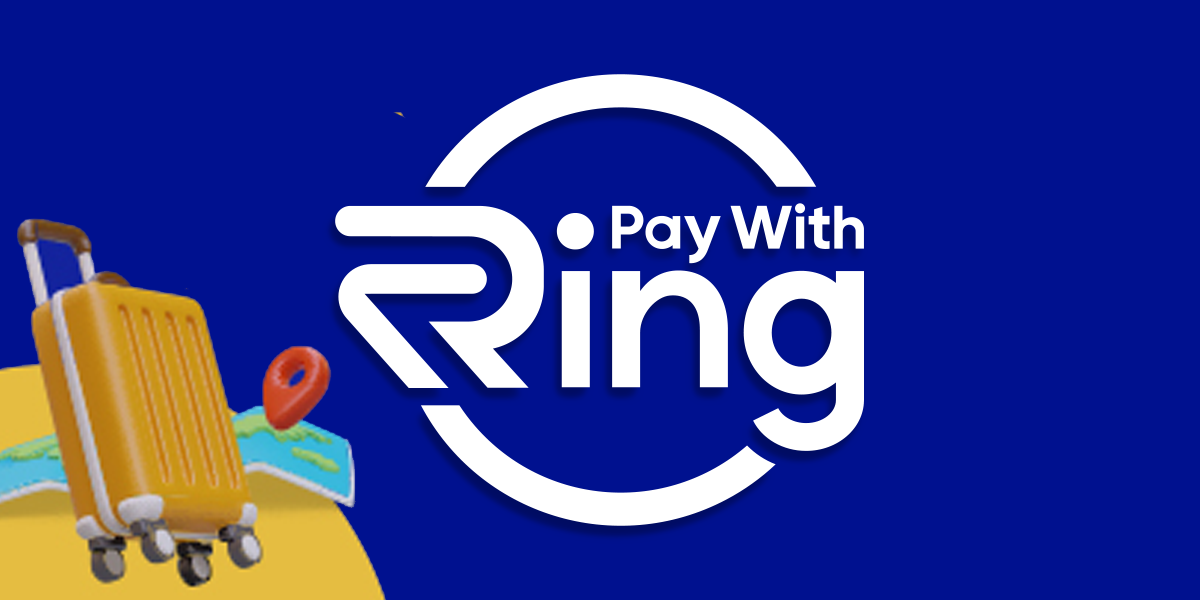India startups ecosystem and corporate landscape have witnessed a rapid change in the last decade. Though, what has remained a constant challenge for the tech-driven firms are, job-ready talents- be it programmers or coding engineers.
Every year, Indian colleges produce more than 1.5 million engineering graduates, but only 5% of them can do basic programming or coding. Most of them come out with a huge skill gap and unable to get suitable jobs for themselves.
Over 90% of engineers land in the market are not job-ready. The unavailability of the candidates with basic knowledge has been a constant pain of tech startups. This raises glaring questions on the education system and urges urgent reform. The fundamental flaw is that the existing education system focus on somehow getting through exams, not imparting skills.
While such course correction will require government, student, teachers and educational institutes to have strong convictions and agreement, two entrepreneurs are building a school to train anyone with an urge to learn to code.
On the lines of Silicon Valley-based Lambda School, Masai is a military-style coding school which offers a 24-week intensive full-stack web development program – that includes front end, backend and database engineering courses.
The program includes 1,000 hours of hands-on coding, 100 hours of soft skills training- communication and presentation skills and 100 hours on building mathematical skills, and all focused on creating a job-ready workforce.
The unique part of the course is that it does not require an engineering degree as eligibility criteria, nor the candidates are asked to pay upfront fees for the course.
Masai School, which works on the Income Share Agreement (ISA) model, charges students only after they get jobs. For the unaware, ISA is a model in which students pay for the course after getting a job.
In India, the ISA based education business model has just started to gain momentum. The model, which has enormous potential in India primarily because of its large student-base, is catching up with the students as it majorly lowers the debt risk for students.
About half-a-dozen startups are currently offering ISA model in the country. Startups operating with the model include AttainU, InterviewBit, Jaaga Study, Pesto Tech and AltCampus.
At present, the Bengaluru-based coding school charges 15% with a maximum cap of Rs 3 lakh. It has two ongoing batches with 51 students. Its first batch will pass out in the last week of October. Besides Bengaluru, the coding school has announced its second centre in Patna. It also plans centres in Bhopal and Ahmedabad by early next year.
The brainchild of Prateek Shukla (ex co-founder, Grabhouse) Nrupul Dev and Yogesh Bhatt, Masai had raised seed capital from India Quotient and some angel investors.
Globally, Lambda School is the most successful entity that trains coders. With a presence in the US, UK and Europe, the firm has been piloting in India with a plan to have full-fledged launch soon.
If we talk to tech-enabled startups in India, access to above average coders and programmers is limited. As a result, building a high-quality product from India or for India isn’t a cakewalk. Startups who end up raising considerable venture capital money somehow manage to get quality programmers and coders.
However, 90% of startups who don’t have a deep pocket and swanky workspaces to attract decent technology resources have to compromise and struggle. Masai and Lambda could be answers to such ventures if they are able to scale up.
The quality of coders from Masai could only be assessed when the first cohort would get to work on the ground. Nevertheless, it’s an audacious attempt by Masai school founders, who could inspire many to go for the less traversed path that can make a difference in long run.













